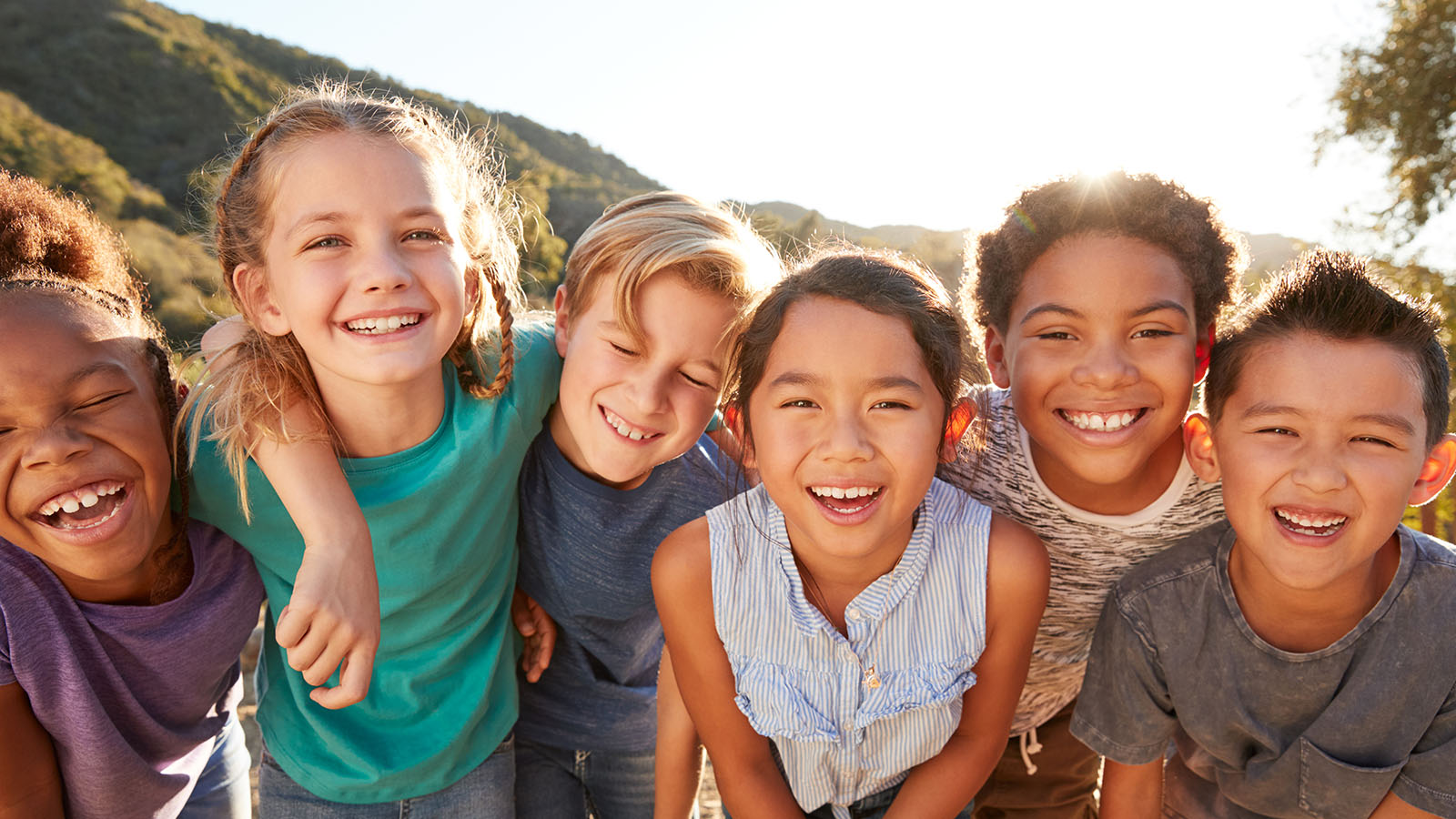By Dr. Lorea Martinez
Not too long ago, my five-year old declared “I want to learn how bones work.” This statement generated a great deal of learning–we went to the library to get some books (this was before coronavirus), we had conversations about the different parts of the body, and we noticed that people are the same inside, although we look different on the outside. My daughter pointed out that her best friend, A, has dark skin and brown eyes, while she is blonde with blue eyes.
Despite the general belief that children don’t see skin color, researchers have found that children as young as 6 months show signs of racial bias. That is to say, they show a preference for people who look like them and their parents. Despite the fact that children notice these differences at an early age, a majority of parents rarely discuss race/ethnicity, gender, class or other categories of social identity with their kids, according to a nationally representative survey of more than 6,000 parents conducted by Sesame Workshop and NORC at the University of Chicago.
Children are curious beings–they want to know why their friends have lighter or darker skin than they do, speak a different language, or celebrate different holidays. You may have felt embarrassed if your child pointed out someone at a park or the grocery store, and made a comment about their race or ethnicity. While conversations about cultural and social identities may be difficult for parents, these are important topics to discuss in our families if we want to raise culturally aware and inclusive children.
When we intentionally build a positive awareness of diversity in our children, and discuss the injustices that we observe inside and outside our communities, we are building our children’s capacity to show empathy, be inclusive and act when they witness or experience racism and discrimination. Here are a few tools:
- Discuss your family’s race and ethnicity, language and heritage. It is important for kids to know their grandparents’ and great grandparents’ stories. Where did they live? How did they make a living? What were some of their values and traditions? What challenges did they overcome? These conversations can help children develop a positive self-concept and foster pride in their heritage.
- Discuss the differential treatment that kids and adults receive based on their skin color. While we would hope children wouldn’t have to worry about the existing injustices in the US and around the world, we can’t ignore that racial bias and prejudices are negatively impacting the experiences of blacks and Latinos. If your children have experienced prejudice, help them process their feelings and stand up for themselves.
- Read and discuss books written by diverse authors that support children in learning about other kids’ perspectives. Talk about the differences and commonalities between characters, and the things that you have learned from living in a diverse world. Here’s a great list
- Select media content that portrays diverse characters and teach kids to identify racial stereotypes in movies. Common Sense Media has curated a list of media resources to help parents discuss racism and difficult events in the news. They have plenty of resources in Spanish Make sure that your children watch positive Hispanic and Latino role models on TV.
- Observe and question your own bias. Many times parents contribute to children’s negative stereotypes and prejudices about other races and ethnicities. Think about the kind of language that you use when you speak about other groups to your children. Do you show empathy and curiosity, or judgement and criticism? If we talk in negative ways about other cultures or groups, what messages are we sending to our kids? And are those the lessons that we want them to learn? When we notice our own bias, and correct our language or actions to avoid reinforcing stereotypes, we are offering a healthy role model for our children to do the same.
Parents have an important role to play in creating caring and inclusive homes and communities. By helping children to appreciate diversity, question racial stereotypes and bias, and stand against racism, we are planting the seeds to grow a just and equitable society.



